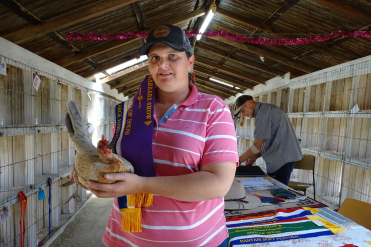A study, led by Associate Professor Piero Perucca from Monash University’s Department of Neuroscience is the first to investigate whether anti-epileptic drugs (AEDs) taken during pregnancy can increase de novo variants in a baby’s genes, which was previously thought to be related to birth defects associated with the drugs.
The study, recently published in the prestigious journal Annals of Neurology, found that AEDs taken during pregnancy do not increase the number of de novo variants in the baby, irrespective of whether the baby had birth defects or not, indicating that AEDs were not a major contributor.
A ‘de novo variant’ is a genetic change seen for the first time in one family member. This change might have occurred in a germ cell (egg or sperm) of one of the parents, or it may have arisen in the fertilised egg during the development of the embryo.
Associate Professor Perucca from Monash University’s Department of Neuroscience, looked at the genomes of 67 children and their parents (“trios”) recruited through the Australian Pregnancy Register. Ten trios included babies with birth defects who had been exposed to AEDs during the pregnancy; 46 trios included babies without malformations who had also been exposed to AEDs during the pregnancy; 11 trios included babies without birth defects who had not been exposed to AEDs.
In Australia, up to 2,000 women on AEDs become pregnant each year. Some of these women take AEDs for epilepsy that can prevent seizures occurring in pregnancy, which can be harmful to the mother as well as the baby. Others take them to treat conditions such as pain, migraine or psychiatric disorders.
The study was a large collaboration involving the Australian Pregnancy Register and colleagues in the UK, US, Sweden, The Netherlands, Spain and Italy.
“The findings can already be used in the routine counselling of patients seen in the clinic, and are a first step towards understanding the components that link anti-epileptic medications and birth defects,”Professor Perucca said.








